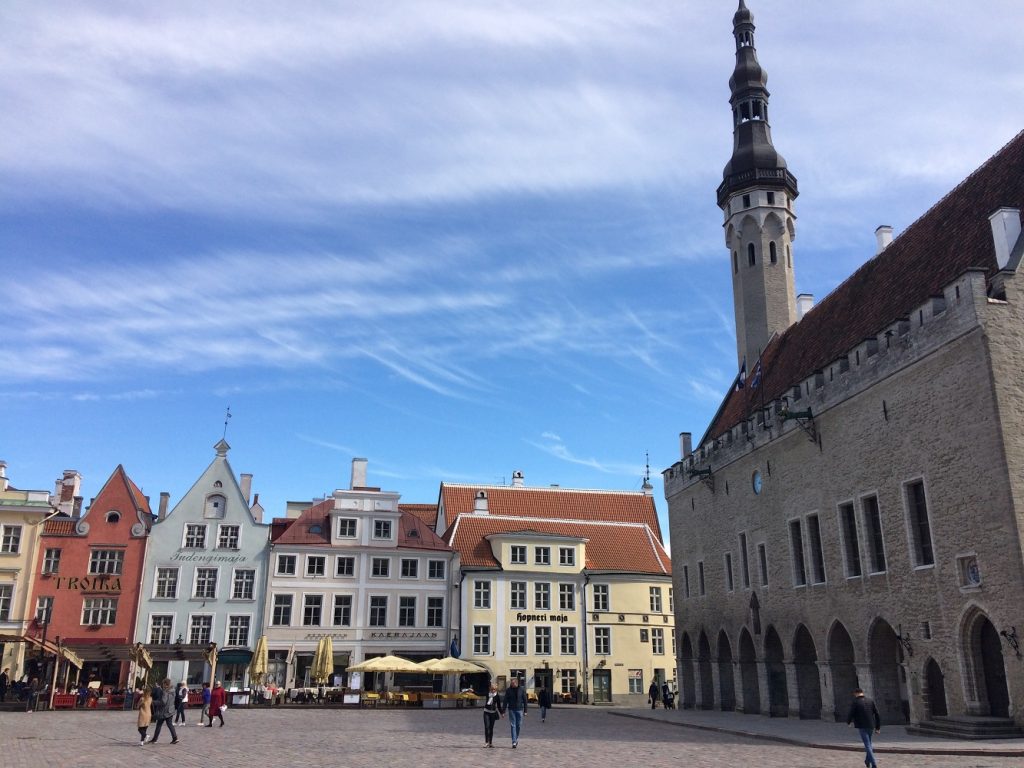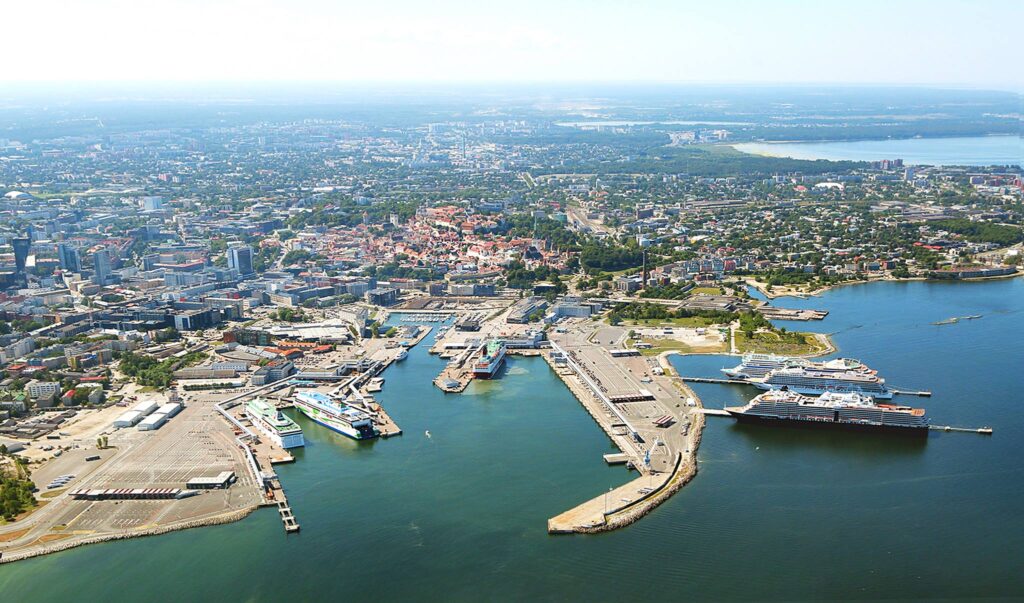The German-French cultural TV channel, Arte, aired a three-minute clip highlighting that the combined impact of the COVID-19 pandemic, high inflation and security concerns due to the war in Ukraine has resulted in a decline in both hotel bookings and the number of cruise tourists in Estonia.
According to Arte, Estonia was once a paradise for those who sought to vacation outside mass tourism zones. Tallinn, in particular, was on the rise. In 2019, tourism contributed about 10 per cent to the country’s GDP, but then a decline set in. In 2019, 300 cruise ships visited Tallinn; this number dropped to 170 the following year, and this year it has fallen even further to just 90 ships.
Sirle Arro, the head of the marketing and communication department at the listed Estonian port company, Tallinna Sadam, told Arte that when people start restricting their spending, vacation expenses are usually the first to be cut, which also impacts cruises. This is further compounded by inflation and rising fuel prices, which constitute a significant portion of the operating costs of cruise ships.
Reaching pre-pandemic levels in the hotel industry also poses a challenge, according to Arte. The decreased attractiveness of Tallinn is partly due to poor air connectivity, but there are other factors as well.

Russia’s aggression deters tourists
Madis Laid, the CEO of Duco, which operates several hotels, told Arte there was another reason – the decreased sense of security due to Russia’s aggressive warfare. Western Europeans believe that Estonia is no longer safe.
Russian tourists, due to their country’s violent occupation war, cannot obtain visas to the European Union, and people from the western world can no longer travel from Tallinn to St. Petersburg.
Daisy Järva, a member of the board of the Estonian Chamber of Culture, emphasised the importance of tourists being able to afford the services. However, she stated that the country’s tax policy is moving in the exact opposite direction. According to Järva, the increase in value-added tax alone was excessive.
“From next year, the VAT will rise to 22 per cent, making a trip to Tallinn even more expensive,” the voiceover in the Arte clip concluded.

